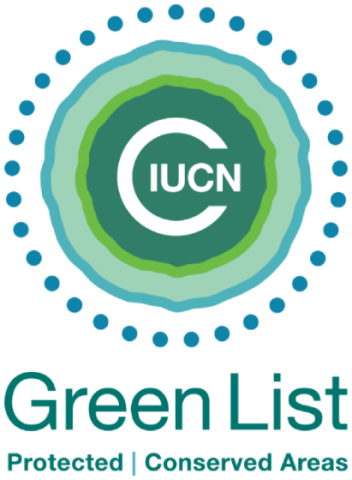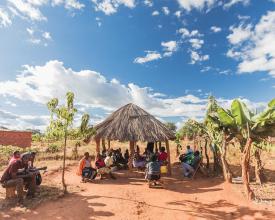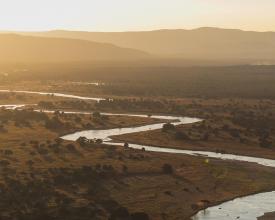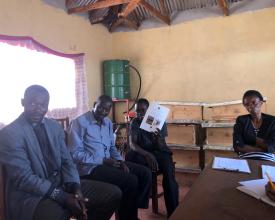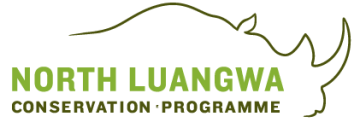
Enhancing access to information for rural communities surrounding North Luangwa National Park – IUCN Green List candidate 2022
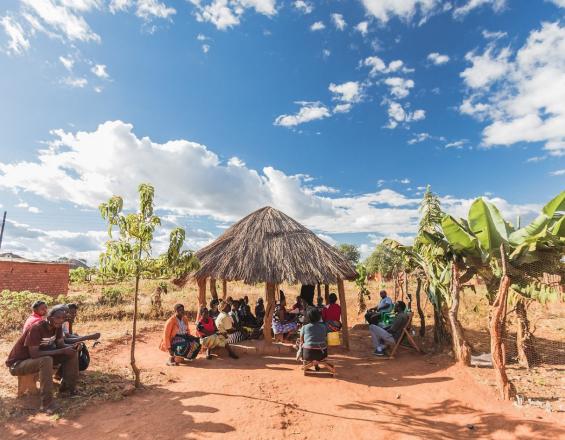
As an IUCN Green List candidate, North Luangwa National Park in Zambia, needed to ensure that laws and regulations regarding the use of the site were accessible to the public. This has been a challenge in Zambia due to the lack of a website for the Department of National Parks and Wildlife (DNPW).
IUCN supported the creation of a DNPW website to provide these documents and facilitate communication with stakeholders, civil society and rights holders. Printed copies were also distributed to the offices of Community Resources Boards and Traditional Leaders in surrounding communities. The management plan, Wildlife Act, and National Parks and Wildlife Policy provide important information about conservation projects in the park and their impacts on nearby Game Management Areas. This process highlighted the importance of formal, accessible channels of communication for keeping community members informed about conservation interventions.
Impacts
North Luangwa National Park was Green Listed in December 2022 as they met the requirements for fair and effective conservation measures. This sets a benchmark for the rest of Zambia in attaining Green List status. The DNPW website will assist in streamlining future Green List applications in Zambia, and this exercise of distributing printed hard copies will not fall away.
The community members who have had the chance to review the Management Plan, Wildlife Act and National Parks and Wildlife Policy are now better informed of the various laws and regulations governing the area in which they reside. They have responded very positively to receiving the information and feel more included in the achievement of conservation objectives.
The documents include very important information about the projects and actions that are taken in the interests of conservation of the National Park which often have impacts for them as residents of the neighbouring Game Management Areas.
It was clear through this very simple process that more formal channels of communication are required and truly appreciated by the community members. The CRB members who attended the workshops for developing the management plan did not use to inform or pass on the management planning information to their community members. A copy of the final document was necessary, well received and well utilized.
